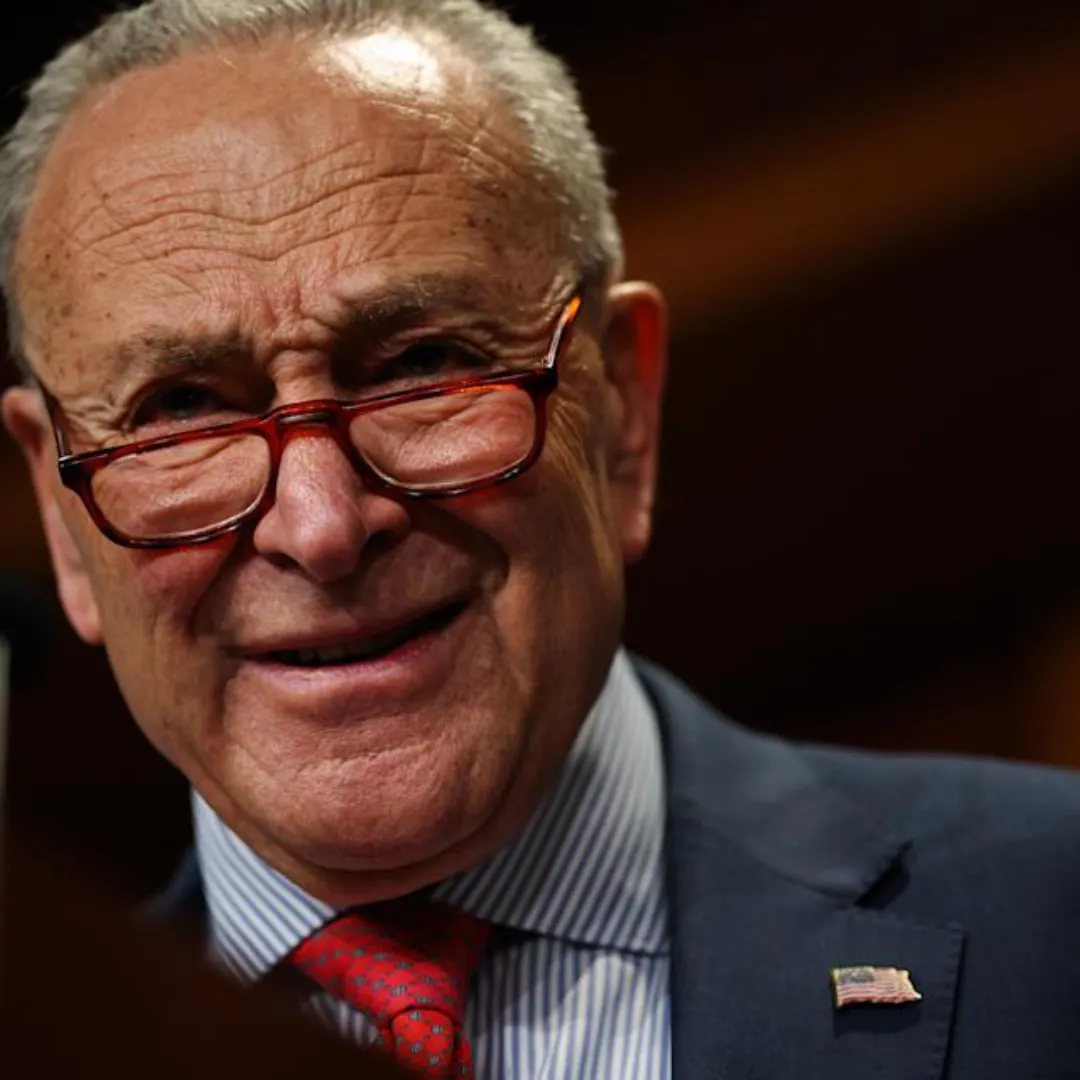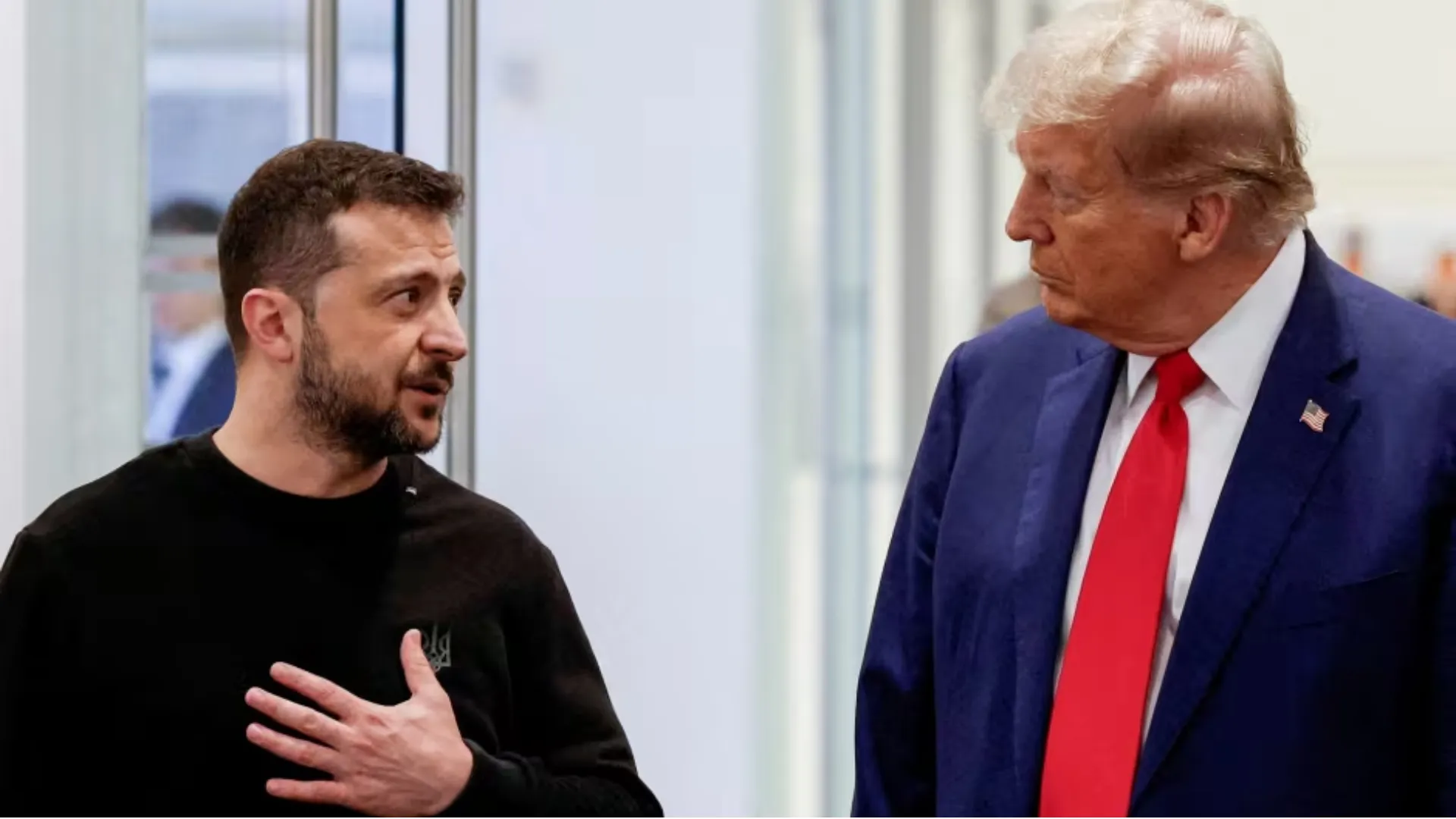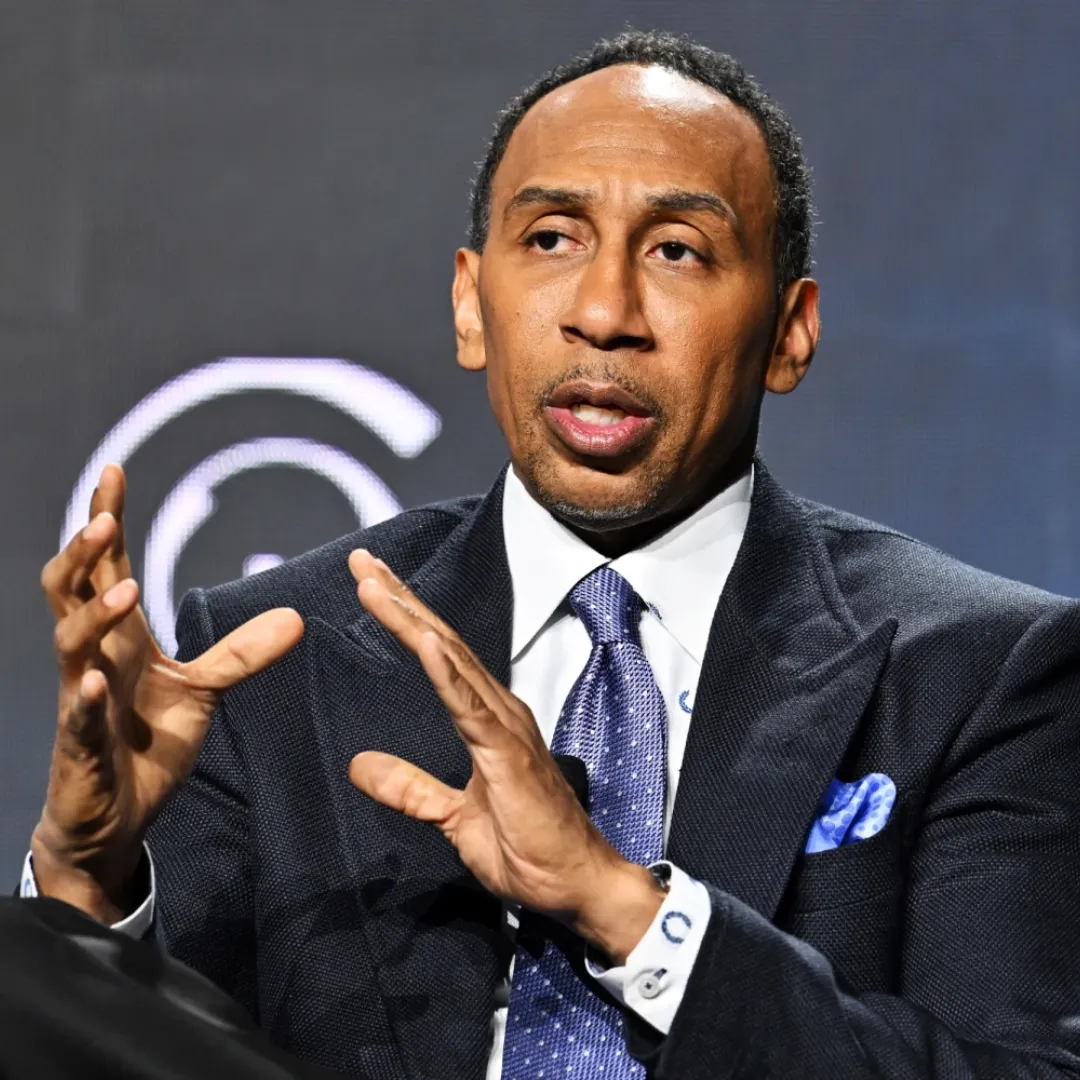:max_bytes(150000):strip_icc():focal(748x255:750x257)/jim-banks-elevator-confrontation-040125-bcbe263761f347c9a33a4495c56f9b25.jpg)
A viral confrontation between Sen. Jim Banks (R-Ind.) and a recently terminated Health and Human Services (HHS) employee has become a flashpoint in a broader battle over the future of the federal workforce, compassion in politics, and what critics call a disturbing shift in how public servants are treated.
On Tuesday, in a hallway of the Senate office buildings, Mack Schroeder, a former HHS employee, approached Senator Banks with a direct but polite question: “What are you doing to ensure people in your state continue receiving services after these massive HHS layoffs?”
Instead of an answer, Schroeder was met with a sharp rebuke. “You probably deserved it,” Banks responded, referring to Schroeder’s termination.
When Schroeder calmly asked, “Why?”, the Senator replied: “Because you seem like a clown.”
The brief exchange, caught on camera, exploded across social media. But instead of walking back his words, Banks doubled down in a video posted the following day on X (formerly Twitter), accusing Schroeder of being a left-wing activist and celebrating his own bluntness.
“I won’t back down. I won’t apologize,” Banks declared. “I support President Trump and the DOGE effort 100 percent to cut wasteful spending and woke jobs out of the federal government — and we’re just getting started.”
The incident occurred amid a second wave of mass layoffs at HHS, where an additional 10,000 employees were let go — on top of 10,000 already laid off earlier in the year — as part of a cost-cutting push championed by the Trump administration and supported by allies like Banks.
HHS cited restructuring, duplication of services, and the elimination of roles deemed “non-essential” as reasons for the cuts. But former employees, including Schroeder, say the reality on the ground tells a different story.
In a CNN interview following the encounter, Schroeder explained that his job involved overseeing and coordinating programs for people with disabilities and aging adults — services he says are now in disarray.

“We weren’t just sitting behind desks doing nothing,” Schroeder said. “We were supporting some of the most vulnerable people in the country. And now those services are falling apart.”
Schroeder clarified that his question to Banks wasn’t personal — he wasn’t asking for his job back. He simply wanted to know how Indiana residents would be supported after HHS was gutted.
“He didn’t answer my question. He insulted me instead. That says more about him than it does about me.”
In his follow-up video, Banks framed the encounter as a defense of taxpayers and a rejection of “woke” bureaucracy. “A clown is a clown,” Banks said.
“And chasing senators through the halls with a phone, crying about a job that shouldn’t have existed, doesn’t make you a public servant. It makes you a protester.”
Banks’ rhetoric reflects a larger trend among some conservatives who have embraced populist messaging aimed at shrinking the federal government and eliminating positions they perceive as politically motivated.
His stance aligns closely with the Department of Government Efficiency (DOGE) initiative launched under Trump, which targets agencies deemed bloated or “ideologically captured.”
The video has drawn outrage from Democrats, disability advocates, and even some nonpartisan policy experts, who argue that the senator’s response was unnecessarily cruel and dismissive of public service.
Rep. Alexandria Ocasio-Cortez (D-N.Y.) tweeted: “A sitting senator mocked a former public servant for asking how disabled Americans will be cared for. This isn’t just cruel — it’s cowardice.”
Sen. Bernie Sanders (I-Vt.) issued a statement calling Banks’ comments “morally bankrupt” and demanding an apology to both Schroeder and HHS workers nationwide.
Labor groups and advocacy organizations joined the backlash. The American Federation of Government Employees released a statement condemning Banks’ remarks as “an attack on the dignity of federal workers.”
The National Council on Independent Living called his statements “dehumanizing” and “a slap in the face to the disability community.”
:max_bytes(150000):strip_icc():focal(756x345:758x347)/jim-banks-cpac-2025-040125-0cd674fea77a44b7ad1fe1a5582c178e.jpg)
Despite criticism, many conservatives and right-wing influencers applauded Banks for “telling it like it is.”
Fox News host Jesse Watters praised Banks for “standing up to entitlement,” while Turning Point USA founder Charlie Kirk tweeted: “Fire more of them. This is how you drain the swamp.”
The incident has become a rallying point for a movement that views the federal bureaucracy as bloated, inefficient, and politically biased — with Banks now hailed as a “fighter” against what some call the “deep state.”
But what does it actually mean when 10,000 workers lose their jobs in one of the country’s largest public health agencies?
According to internal HHS documents and whistleblower reports, the cuts have affected not only administrative roles but also:
-
Disability case managers
-
Elder care coordinators
-
Mental health outreach workers
-
Regional service liaisons for rural and Indigenous communities
Many of these roles were specifically created in the wake of COVID-19 to address growing public health disparities.
Dr. Helena Diaz, a former HHS regional director who resigned in protest, warned: “What’s being framed as cutting ‘woke jobs’ is in fact decimating health infrastructure. People with disabilities are waiting months for services they used to get in weeks.”
Even among those who support shrinking the federal workforce, Banks’ tone has struck a nerve.
Susan Hill, a Republican strategist based in Ohio, wrote in an op-ed: “You can believe in limited government and still treat people with dignity. There’s a way to have this conversation without belittling someone for doing their job.”
Former GOP staffer Miles Benton echoed the sentiment: “Whatever happened to compassionate conservatism?”
The incident dominated headlines on Wednesday and Thursday, with major outlets including CNN, MSNBC, Politico, and The Hill running editorials and interviews dissecting the confrontation.
Thus far, no Senate Republican leader has publicly condemned Banks’ comments, though sources inside the Senate GOP told Axios that some view the optics as “unhelpful” and “distracting from policy.”
In a second interview with NPR, Schroeder reiterated that his concern was not personal retaliation, but the structural weakening of essential services. “This isn’t about me losing a job. It’s about people not getting meals delivered. It’s about disabled veterans not having access to care. It’s about social workers being overwhelmed.”
He said the response he received — or the lack thereof — only deepened his concern about the direction of governance.

The Banks-Schroeder clash is more than a hallway insult caught on camera. It’s a microcosm of the political divide over the role of government, the dignity of work, and what it means to serve the public.
Whether Banks’ comments will fade or become a defining moment remains to be seen. But for now, they’ve sparked a national conversation about the line between bluntness and cruelty — and whether we’ve crossed it.




